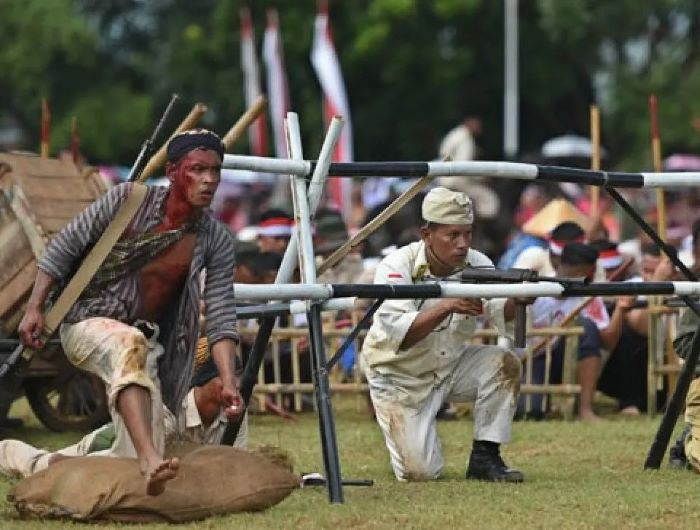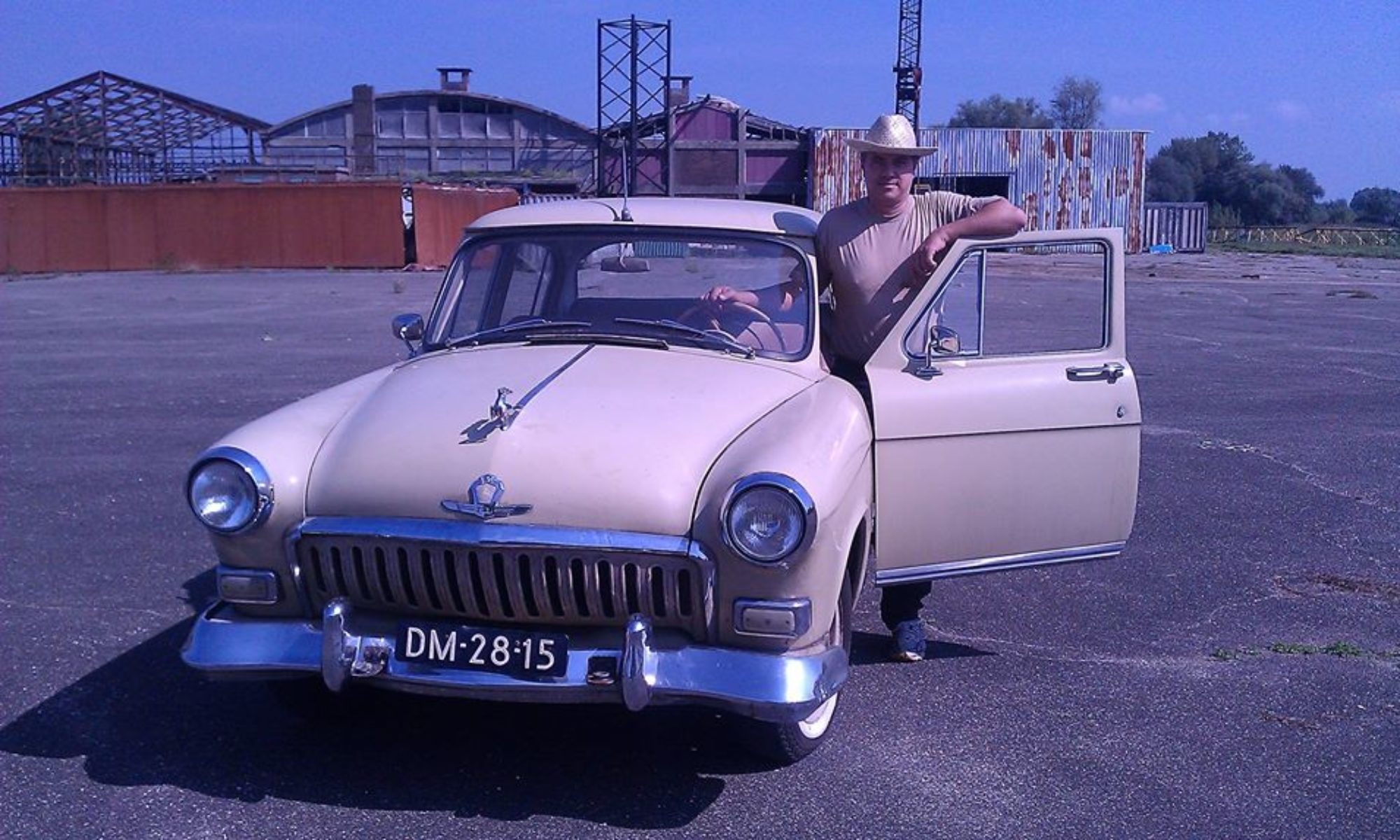Influenced by the state propaganda of that time, most Dutch people saw the war as a legitimate attempt to protect their interests, and therefore considered anyone who went against this frame a traitor.
Marjolein van Pagee (The Jakarta Post) Surabaya Tue, May 21, 2024

On May 13, the Dutch government posthumously rehabilitated three Dutch Marines who, during the independence war in 1947, refused to burn down an Indonesian village. Based on moral grounds, the three refused to carry out the order and were then treated as deserters, taken into custody. They received prison sentences as if they had committed a crime instead of preventing one.
Their case is remembered as “the Pakisadji case”, named after the military post that was attacked by Indonesian fighters the day before, upon which the Dutch occupation forces took revenge. Finally, 77 years later, after the Dutch government in 2023 officially admitted that applying “extreme violence” was wrong, the reputations of the three Marines were cleared.
The rehabilitation would probably not have happened if Max van der Werff, an independent Dutch researcher, had not thoroughly researched and published about this case from 2012 onward. He traveled all the way to Indonesia to visit Sutojayan village, south of Malang, East Java, to hear the Indonesian side of the story.
Ironically, one of the politicians that recently supported the rehabilitation, Dutch Member of Parliament Sjoerd Sjoerdsma, plays a significant role in a defamation case against the man that had put the matter on the agenda. Like the three Marines then, Van der Werff is being framed as a traitor, a deserter, someone endangering the national interests of the Netherlands for his research on the downing of Malaysian Airlines MH17 flying for Kuala Lumpur from Amsterdam on July 17, 2014.
On Nov. 12, 2020, Dutch weekly De Groene Amsterdammer, published a widely spread news report suggesting that Van der Werff worked for the Russian secret service. Sjoerdsma posted on Twitter: “Impossible! A Dutchman is undermining the MH17 trial on behalf of, and probably supported by, the Russian intelligence service. This is an attack on our constitutional state.”
After the MH17 incident, Van der Werff shifted his focus from the Indonesian independence war to the unfolding regional war in Donetsk, Ukraine. In contrast to most Western journalists, he did not immediately buy the story that the Russians were behind the downing of the Malaysian airliner. Fully aware of the political implications of the plane crash in the context of an emerging second Cold War, Van der Werff simply wanted to know the truth before political powers were taking over.
He visited the plane crash site in Ukraine where he collected important evidence and testimonies, which he presented on his personal blog. While his Indonesia research had been appreciated by his Dutch peers, this was not the case with his research on Ukraine and MH17.
Although Van der Werff’s conclusions on the downing of MH17 are more in line with what Russia, but also Malaysia, believe what happened, it does not mean that he has been recruited by them. In fact, Van der Werff is earning his money as a salesman. He is currently suing De Groene Amsterdammer for spreading this accusation without factual basis.
Yet, true or not, the damage had already been done. In November 2020, all mainstream media outlets in the Netherlands copied the news that Van der Werff was likely working for the Russian secret service. As being on the payroll of the Russians is almost the worst label that one can get right now, it seriously damages one’s reputation. In the words of Sjoerdsma, Van der Werff’s activities were attacking the Dutch constitutional state.
But how convincing is this constitutional state, and the freedom of speech and democracy that are linked to it, commonly praised as unique features of western societies, when only one single view is being allowed? If there was truly freedom of speech, Van der Werff could have written anything on Russia, Ukraine and MH17, without being treated this way.
In my view the problem here is that even though in practice there is only one anti-Russian stance is allowed, Dutch people do not recognize it as state -or NATO inspired- propaganda. This is because they are so convinced that, in contrast to non-western countries, they really live in a free society. In other words, the effectiveness of the pro-western liberal ideology imposed on us, makes it impossible to see that propaganda exists in our own society too.
This is not very different from the past when the Netherlands launched the reoccupation war against Indonesia. Influenced by the state propaganda of that time, most Dutch people saw the war as a legitimate attempt to protect their interests, and therefore considered anyone who went against this frame a traitor.
Nowadays Van der Werff is one of the few people who questions the dominant narrative. Equally in 1947, the three Dutch Marines made an exceptional decision that most Dutch soldiers did not make. Yet, outside the Netherlands they were not a minority, as the majority of the world, including millions of Indonesians, condemned the Dutch for the brutalities they committed. It took the colonizers decades of denial to admit that the decision of the three Marines was actually not wrong.
In our time, the majority of the world population is not falling for the NATO-inspired Russophobia that is fueling the support for the war in Ukraine. The question is: what will happen to the mainstream narrative when the war results in a disastrous defeat?
Just like the Dutch were forced out of Indonesia in 1949, it could well be that the NATO-supported armies in Ukraine will lose the war in the near future. As a consequence, the narrative of what this war was about will likely change too. It means that if Van der Werff is seen as a traitor now, a Russian spy even, future historians may judge him very differently.
How will Sjoerdsma be remembered? He may have supported the rehabilitation of the three Dutch Marines, thanks to the efforts of a man whom he so distrusts, but how will history judge him for actively supporting the NATO-backed war against Russia? In the case of the three Dutch Marines, it took the Dutch government 77 years to acknowledge that their choice was not a crime. I hope that Van der Werff does not have to wait that long.
***
The writer is a historian and founder of Histori Bersama.
